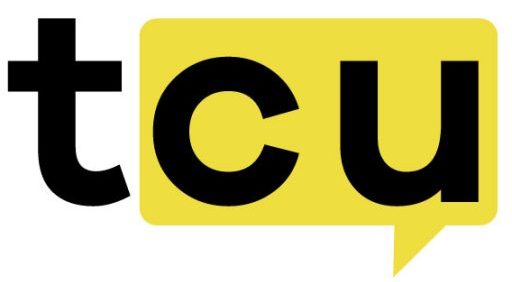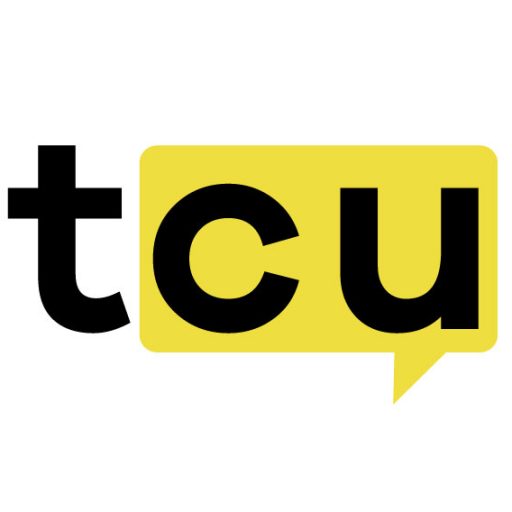- Solana’s governance vote on SIMD-0228 could slash SOL inflation by 80%.
- The proposal introduces a smart emissions model based on staking activity.
- Supporters say it reduces sell pressure and boosts long-term value.
- Critics warn it could hurt small validators and lead to centralization.
The Solana community is gearing up for a crucial vote on SIMD-0228, a governance proposal that could drastically cut SOL inflation by up to 80%. Scheduled for epoch 753 (around March 6), this proposal aims to adjust token emissions dynamically based on staking levels.
Today @kankanivishal and I released a Solana Improvement Proposal to reduce Solana inflation.
As Solana matures, stakers increasingly earn SOL through mechanisms like MEV. This income stream reduces the network’s historical exclusive reliance on token emissions to attract stake…
— Tushar Jain (@TusharJain_) January 16, 2025
Authored by Tushar Jain, Vishal Kankani (Multicoin Capital), and Max Resnick (Anza’s Lead Economist), the plan introduces a market-driven “smart emissions” system rather than Solana’s current fixed inflation model.
Here’s how it would work:
- If staking participation is high, SOL emissions decrease.
- If staking participation drops, emissions increase.
This approach is meant to reduce sell pressure, improve network security, and align rewards with actual network demand. It also sets a 1.5% inflation cap, with the possibility of zero inflation in the future as MEV (Maximal Extractable Value) earnings grow.
Solana’s co-founder Anatoly Yakovenko has publicly backed the proposal, calling it an opportunity to fix past mistakes. Other industry voices, like Mert Mumtaz (CEO of Helius Labs), have also shown support, believing it will strengthen Solana’s tokenomics.
I think SIMD 228 should pass because I believe it makes the network stronger
but even if it doesn’t pass — it’s good to see strong public discussions from both sides that are always solution-seeking
Solana has grown up before our eyes
— mert | helius.dev (@0xMert_) March 4, 2025
“I think SIMD-0228 should pass because I believe it makes the network stronger,” Mumtaz posted on X.
Could This Lead to Centralization?
Despite the optimism, not everyone is convinced.
#Solana SIMD-0228 – what is it and what does it mean?
The Solana SIMD-0228 proposal vote is scheduled to take place around March 6, 2025. Based on posts found on X, the voting is expected to occur during epoch 752, which is approximately 5-6 days from March 2, 2025, aligning… pic.twitter.com/uLR7FVrSVG
— MartyParty (@martypartymusic) March 4, 2025
Critics argue that SIMD-0228 could severely impact small validators, making it harder for them to stay profitable. Matthew Sigel, Head of Digital Assets Research at VanEck, pointed out some concerning numbers:
- Validator earnings could drop by 95%, forcing many out of the network.
- Fixed costs for validators include $58,000 per year in voting fees and $6,000 in hardware expenses.
- Out of 1,323 validators, only 458 currently have enough stake (100,000+ SOL) to stay profitable.
If smaller validators shut down, Solana risks becoming dominated by major players like Coinbase and Binance.
“If smaller validators can’t sustain operations, the network may become centralized around large institutions,” Sigel warned.
Some community members fear this could damage trust in Solana, especially at a time when the network is experiencing rapid growth.
Solana has several upcoming protocol upgrades, known as SIMDs, aimed at enhancing its technical capabilities and economic framework. These changes could help stabilize and strengthen Solana’s position in the crypto ecosystem moving forward.
Solana recently implemented SIMD 096…
— matthew sigel, recovering CFA (@matthew_sigel) March 4, 2025
One user on X summed up the concern:
“This proposal will likely have disastrous effects on Solana’s confidence when it’s needed most.”
Even with these concerns, supporters believe lower inflation could ultimately benefit Solana, making SOL scarcer, more valuable, and less prone to token dilution.
With both sides making strong arguments, the upcoming vote could be one of the most pivotal moments in Solana’s history.
![]()


